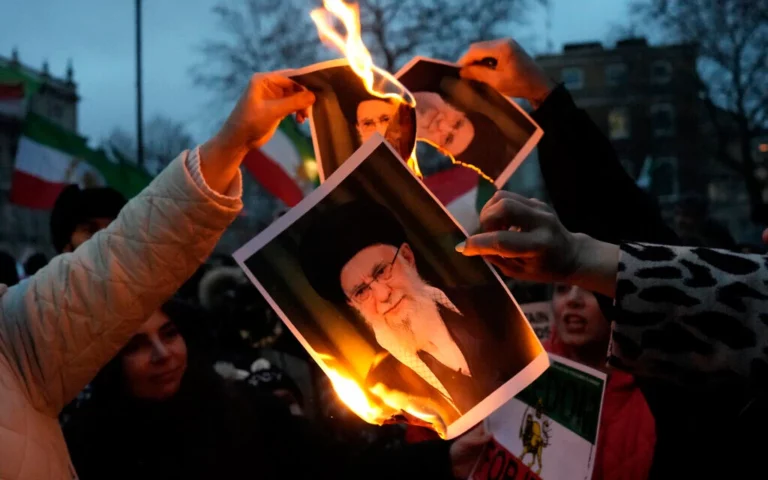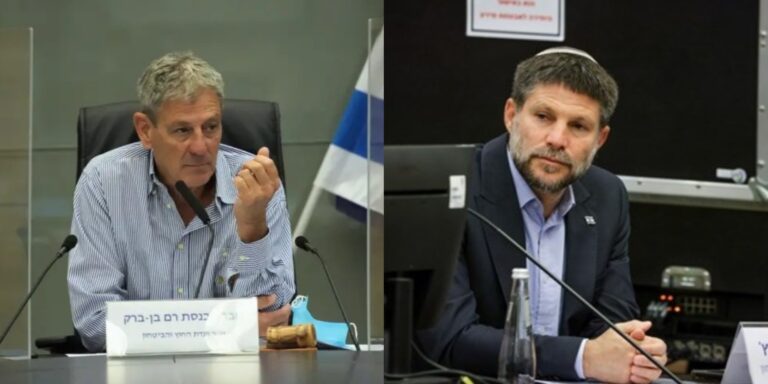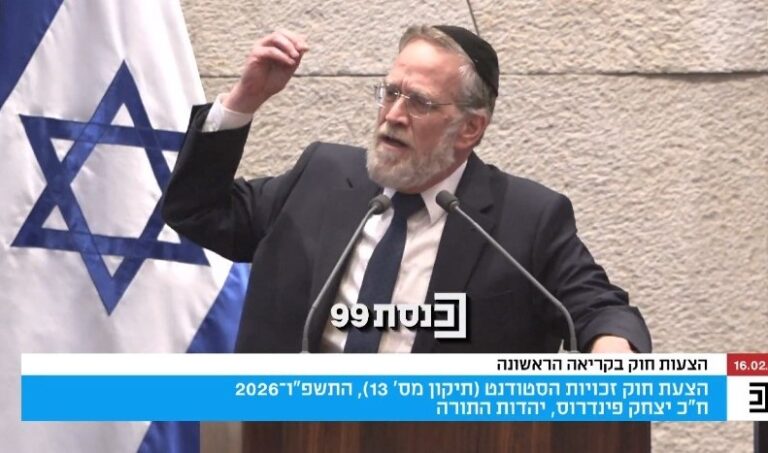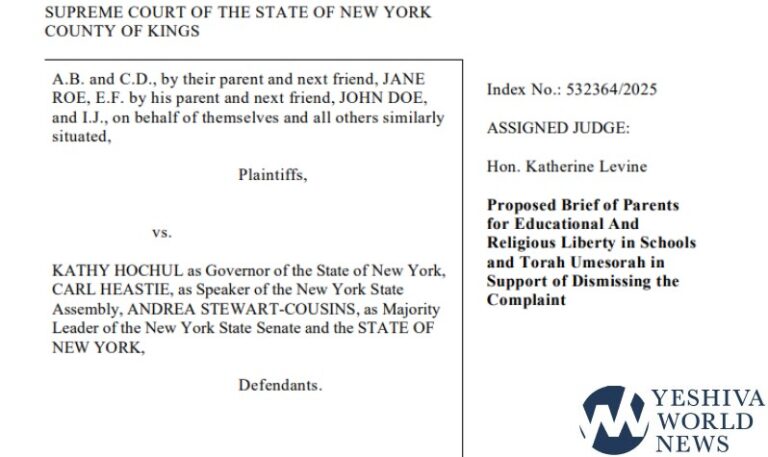The passuk tells us regarding Succos, (Devarim 16) “seven days you shall celebrate before Hashem Elokim, at the place Hashem will chose, for Hashem will bless you in all your endeavors, and you will even be happy.” The words “you will even be happy” are somewhat left open to interpretation.
The Iben Ezra suggests the words “you will even be happy” are linked to the previous sentence segment, “for Hashem will bless you” – in other words Hashem will bless you in all your endeavors, and you will be eternally happy.
Such a reading of the verse seems to be perfect however it leaves much explanation to be desired. What is special about this mitzvah of simcha/happiness on succoss, that one should merit eternal happiness?
Prior to this passuk the Passuk tells us, “the holiday of succoss you shall make for seven days, at the time of harvesting your produce”. It is somewhat interesting that the Torah dates this Yom-Tov by a subsequent occurrence – harvesting ones produce, and not just with a date.
The latter curiosity is often explained as an integral component of Succos – submission and recognition of Hashems Omnipotence and full Control. We harvest our “ma’aseh yadeche” our handiwork – the crops we toiled, and at that point of great self fulfillment, we recognize and thank Hashem. We take a step back and glorify, and rejoice with Hashem. This isn’t merely some superficial joy caused by undeserved self-appreciation, but rather true joy!
Thus our Passuk is crystal clear, if we celebrate with Hashem rather than with ourselves Hashem in turn will bless us with eternal joy. Not only as a reward, but because we have achieved real happiness which potentially could last forever.
Succos is essentially a time to reflect on Hashem’s role in our life and not merely on our selves. This is why Succoss particularly is the time or period of joy: because its focus is true happiness.
May we utilize Succos to enjoy Hashem; to thank Hashem for all He has given us, and to rejoice with Him. May we merit the bracha, and may Hashem bestow upon us eternal happiness.
=========================
There are many Mitzvos and minhagim that are by and large symbolic. It is clear that there is more than meets the eye for many of the Mitzvos that we perform. Succos is full of such Mitzvos. In fact it would seem that all the Mitzvos of Succos are symbolic Mitzvos. The Mitzva of dwelling in the Succah, and the Mitzva of Arba Minim (four species) can only be explained as acts of symbolism. Chazal took this aspect of symbolism on Succos and furthered it by integrating Hoshanos and Ushpizin as part of the Succos tradition. Chazal seem to have carried it yet a step further by instituting Simchas Torah with its Hakafos as the culmination of Succos. While all this symbolism adds a mystical and enchanting dimension to Succos, the question is why is Succos the time for symbolism?
While Succos is the last Yom-Tov in the Yom-Tov cycle (Pesach, Shavuos, Succos) it is the first Yom-Tov in our calendar year. Succos is the first Yom-Tov we have after passing through the Yomim Noraim. Therefore while we are celebrating Succos we are also starting our new year.
During the Yemei Hadin we repent and we intend to change ourselves. Yet somehow, when we actually start the New Year we seem to forget these planned changes and seem almost instantaneously to revert to our old ways.
On Succos we perform some of the strangest acts of symbolism. We take a Citron, myrtle, willow, and palm branch. Once we have these four species bound together we begin to shake them in all sorts of directions. We build a Succah from various raw materials. The reason we sit in the Succah is to remember the Ananei Hakavod (Clouds of Glory) that Hashem used to guide and escort us with in the Midbar. We essentially take various mundane and regular items and somehow elevate them by means of symbolism into Mitzvos. In other words we take ordinary objects and attach meaning to them.
The symbolism associated with Succos carries a very powerful and important message for us. It is telling us that everything we have and that everything we do has a higher and deeper meaning to it. We are in effect being sent a message to appreciate everything and to somehow elevate everything we do to higher and deeper causes.
Perhaps if we internalize this message we will succeed in changing ourselves for the better.
Good Yom Tov,
Rabbi Y. Dov Krakowski










